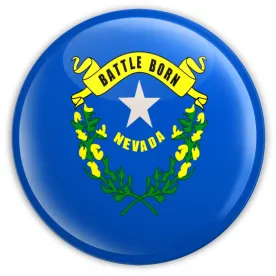NRS 78.138(7)(b) provides that, with certain specific statutory exceptions, a director or officer of Nevada corporation is not individually liable to the corporation or its stockholders or creditors for any damages as a result of any act or failure to act in his or her capacity as a director or officer unless it is proven that:
-
The director’s or officer’s act or failure to act constituted a breach of his or her fiduciary duties as a director or officer; and
-
The breach involved intentional misconduct, fraud or a knowing violation of law.
While the statute makes no mention of gross negligence, some federal district courts in Nevada have applied a bifurcated analysis, requiring a showing of at least gross negligence to state a duty-of-care claim or "intentional misconduct, fraud or a knowing violation of the law" to state a duty-of-loyalty claim. See, e.g., FDIC v. Jacobs, 2014 U.S. Dist. LEXIS 157449, FDIC v. Johnson, 2014 U.S. Dist. LEXIS 148302, and FDIC v. Jones, 2014 U.S. Dist. LEXIS 131738. SeeNevada's Business Judgment Rule: FDIC - 4; Management - 0 and Nevada's Duty Of Care Standard Fails To Win Summary Judgment For Director.
These courts did not make this up, but rather relied on the following statement of the Nevada Supreme Court in Shoen v. SAC Holding Corp., 122 Nev. 621, 640 (2006) (footnote omitted):
"With regard to the duty of care, the business judgment rule does not protect the gross negligence of uninformed directors and officers. And directors and officers may only be found personally liable for breaching their fiduciary duty of loyalty if that breach involves intentional misconduct, fraud, or a knowing violation of the law."
Yesterday, the Nevada Supreme Court declared this statement to be dicta and expressly disavowed a bifurcated approach to duty-of-care and duty-of-loyalty. Chur v. Dist. Ct., 136 Nev. Adv. Op. 7 (2020). According to the Court, NRS 78.138(7) provides the sole avenue to hold directors and officers individually liable for damages arising from official misconduct.



 />i
/>i

